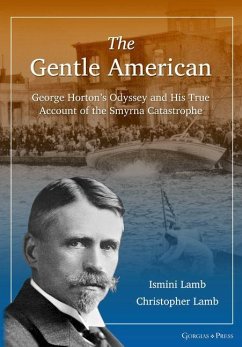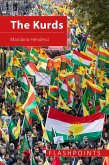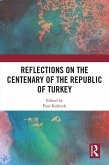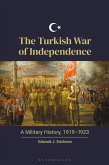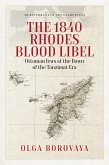This bold reinterpretation of the life of humanist and diplomat George Horton explores an enduring question. What are the true costs of devotion to human rights, morality, and honesty in American foreign policy when those in power subvert such values...? Horton's story compels us all to ponder: Is maintaining one's honor, as he did, ultimately what makes life worth living? -- Dr. David K. Allison, Curator Emeritus, National Museum of American History
A fascinating and important account that not only tells the remarkable story of the US diplomat George Horton but also that of the tumultuous history of the [Near East] before, during and after the devastation of Smyrna in the 1920s. A remarkable book. -- Dr. Peter Frankopan, Oxford University Professor of Global History and best-selling author of The Silk Roads: A New History of the World
[The authors] tell a compelling story of international diplomacy and bureaucratic double-dealing. Their thoroughly researched and clearly written account illuminates aspects of World War I, the emergence of modern Turkey and the Middle East, and the connection of those events to the rise of national socialism in Germany. -- Dr. David Tucker, Ashbrook Center Senior Fellow and Associate Director of the Master of Arts in American History and Government at Ashland University.
Dieser Download kann aus rechtlichen Gründen nur mit Rechnungsadresse in A, B, BG, CY, CZ, D, DK, EW, E, FIN, F, GR, HR, H, IRL, I, LT, L, LR, M, NL, PL, P, R, S, SLO, SK ausgeliefert werden.

